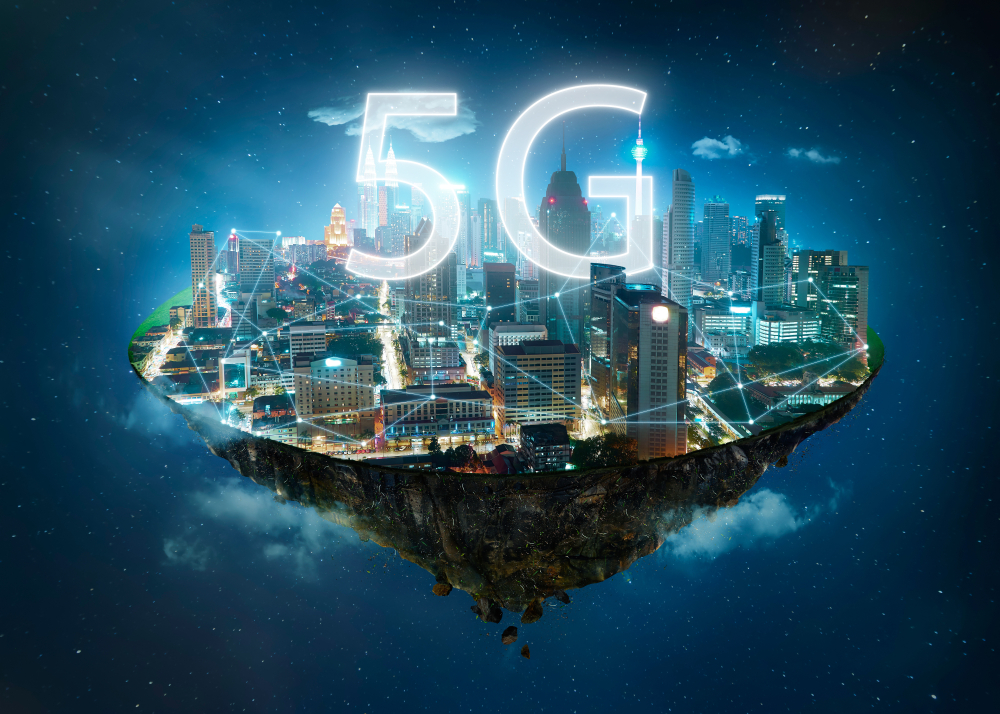Introduction
The advent of 5G technology is revolutionizing the way we connect, communicate, and interact with the world. As the fifth generation of mobile networks, 5G offers unprecedented speed, reliability, and capacity, paving the way for various innovations across various sectors.
Enhanced Connectivity
Because 5G provides faster data speeds, so lower latency, and more reliable connections compared to its predecessors. This enhanced connectivity supports high-definition video streaming, real-time gaming, and seamless video conferencing, improving both personal and professional communication.
Revolutionizing Industries
- Healthcare
- Telemedicine: 5G enables real-time remote consultations, diagnostics, and even surgeries, making healthcare more accessible.
- Wearable Devices: Improved connectivity for health monitoring devices ensures continuous and accurate data transmission, enhancing patient care.
- Transportation
- Autonomous Vehicles: 5G supports the development and deployment of self-driving cars with its low latency and high data throughput.
- Smart Traffic Management: Enhanced connectivity allows for real-time traffic monitoring and management, reducing congestion and improving safety.
- Manufacturing
- Smart Factories: 5G enables the integration of IoT devices in manufacturing, allowing for real-time monitoring and automation, increasing efficiency and productivity.
- Predictive Maintenance: Enhanced data collection and analysis help predict equipment failures, reducing downtime and maintenance costs.
- Entertainment and Media
- Augmented and Virtual Reality: 5G supports high-quality AR and VR experiences, transforming gaming, entertainment, and training programs.
- Live Streaming: Higher bandwidth and lower latency enable high-definition live streaming of events with minimal lag.
The Internet of Things (IoT)
5G accelerates the adoption of IoT by providing the necessary infrastructure for a vast network of connected devices. Smart homes, cities, and industries benefit from real-time data exchange, improved automation, and efficient resource management.
Economic Impact
The deployment of 5G is expected to create significant economic opportunities and according to various studies, it could generate trillions of dollars in economic output, create millions of jobs, and drive innovation across multiple sectors.
Challenges and Considerations
So while 5G promises numerous benefits, its rollout faces challenges:
- Infrastructure: Building the necessary infrastructure for widespread 5G coverage requires significant investment.
- Security: Enhanced connectivity brings potential security risks, necessitating robust cybersecurity measures.
- Health Concerns: Public concerns about the health effects of 5G radiation need to be addressed through scientific research and transparent communication.
Because 5G technology is set to transform the world, driving innovation and growth across various sectors, we navigate the challenges and opportunities presented by this technological leap, but it’s clear that it will play a crucial role in shaping the future of connectivity and beyond.



